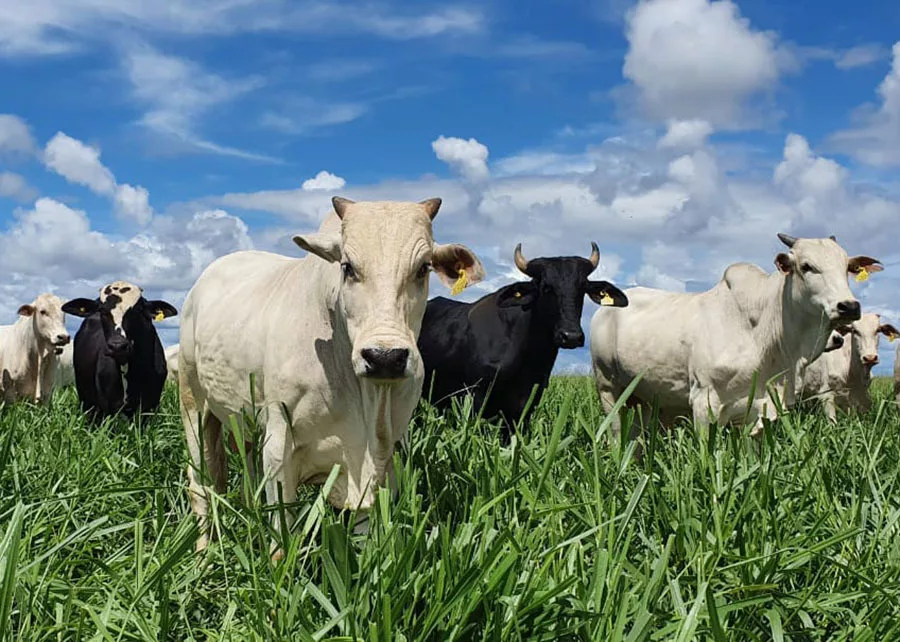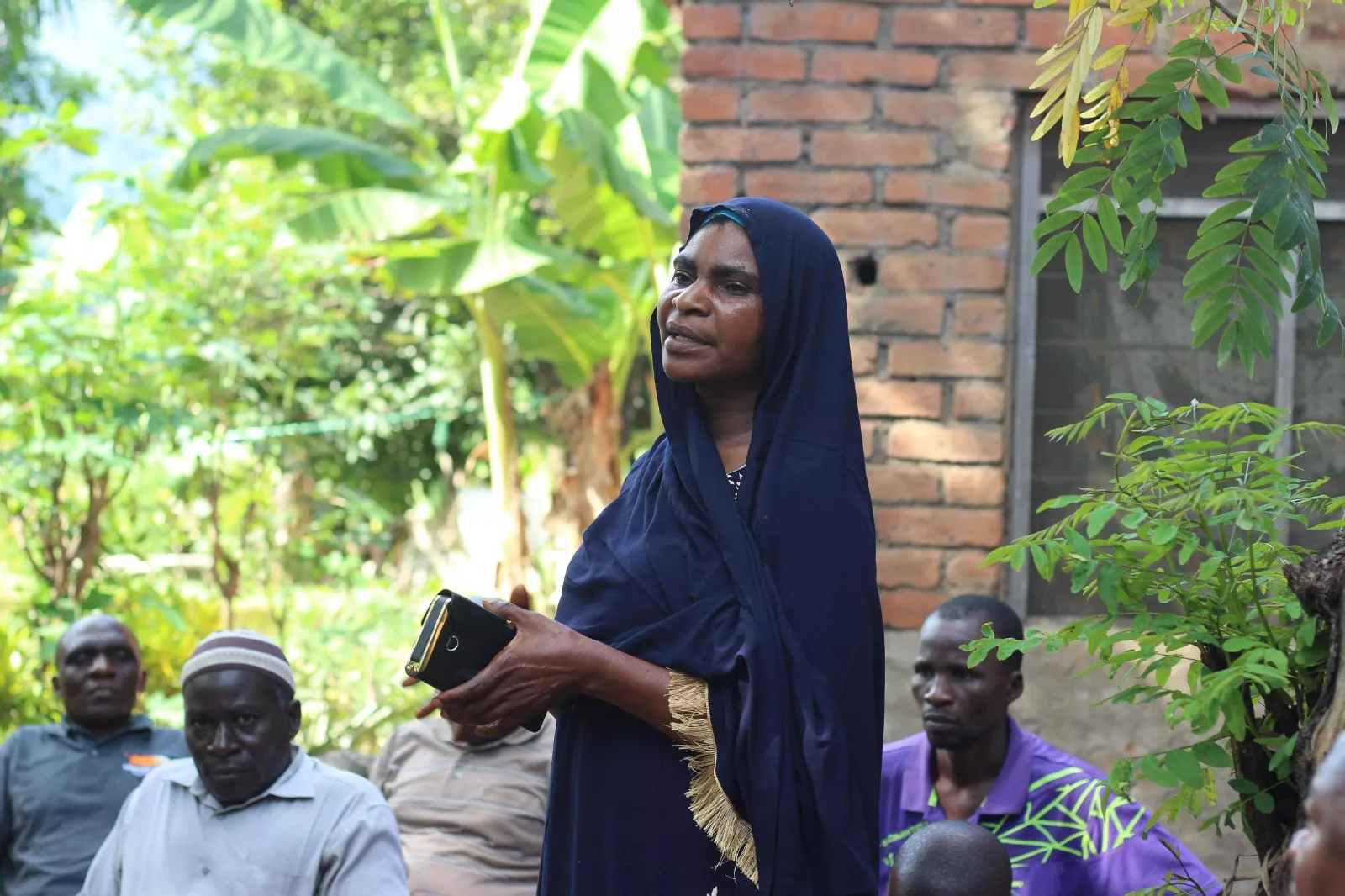
Unicamp and Shell recently signed a partnership for research developments on biofuels and biogas. The company will invest R$ 6.1 million for a pilot plant to process biomass and produce biohitano, a high energetic potential biogas enriched with hydrogen.
The Laboratory of Genomics and BioEnergy (LGE), of the Institute of Biology (IB), and the Faculty of Agricultural Engineering (Feagri) will led the program.
According to National Petroleum Agency (ANP), companies in the sector must invest part of their resources in technological development research carried out by universities.
According to Alexandre Breda, manager of Low Carbon Technologies at Shell, company’s goal is to achieve zero carbon emissions by 2050, which depends on technologies aimed at the use of biofuels.
“A company cannot achieve this goal without universities and governments support. The partnership with Unicamp is pivotal to bring technological solutions and to help us to dialogue with society”, he comments.
From methane to biohythane
Research carried out with Shell’s investments will focus on two fronts: a new pilot biomass processing plant for biohitane production and investigations of Agave biomass to obtain biofuels and biogas.
Biohithane is a biogas obtained from anaerobic processes in which there is a higher concentration of hydrogen compared to methane.
“Because it contains about 30% more hydrogen, biohitane has twice the energy potential than biomethane. When enriched with hydrogen, it is an extremely energetic gas”, explains Gonçalo Pereira.
The product is of great value to the petrochemical industry, but research in the area is recent: “There is still no industrial production of biohithane. That’s why Shell was interested.”
The researchers also intend to investigate Agave potential for biofuel production. The plant is used for the production of sisal fibers and tequila, but still little explored from an energy point of view.
Studies are needed regarding the biochemical processes involved in its digestion by microorganisms and the way in which its biomass can be processed to obtain energy.
“We want to study these processes on a micro scale and scale it up at Feagri. In other words, we want to develop a way to transform knowledge about Agave biomass into a pilot process, then on a semi-industrial scale and then on an industrial scale”, details Gustavo Mockaitis.
As a species adapted to semi-arid regions, Agave is an option for the development of areas such as Brazilian North-eastern. “To be economically competitive, we need cheap biomass. Agave is a plant with productivity similar to that of sugarcane, and whose cultivation can generate jobs, income and keep people from the countryside”, defends Gonçalo.


![24 Dec. 2023- Shirqat – Iraq – Ahmed Turki Naif, One of the beneficiaries of the training courses on modern agricultural methods in Shirqat is married and a father of two daughters, benefited from the project by adopting pivot sprinklers and drip farming after benefiting from the training course. his fealed work is growing barley, […] 24 Dec. 2023- Shirqat – Iraq – Ahmed Turki Naif, One of the beneficiaries of the training courses on modern agricultural methods in Shirqat is married and a father of two daughters, benefited from the project by adopting pivot sprinklers and drip farming after benefiting from the training course. his fealed work is growing barley, […]](https://planetacampo.canalrural.com.br/wp-content/uploads/sites/9/2025/02/undp_iq_dsc06266-scaled-1.webp)



